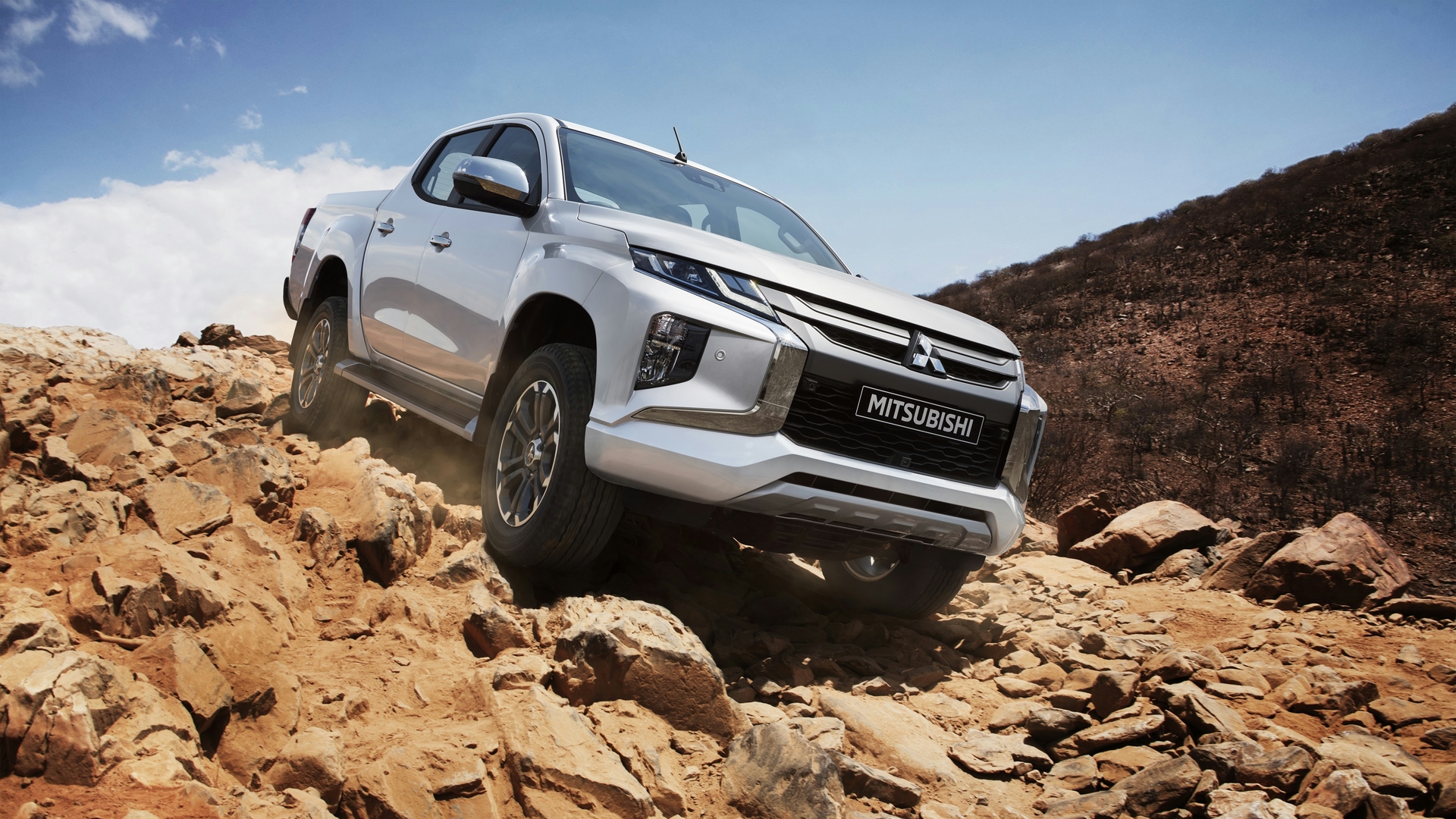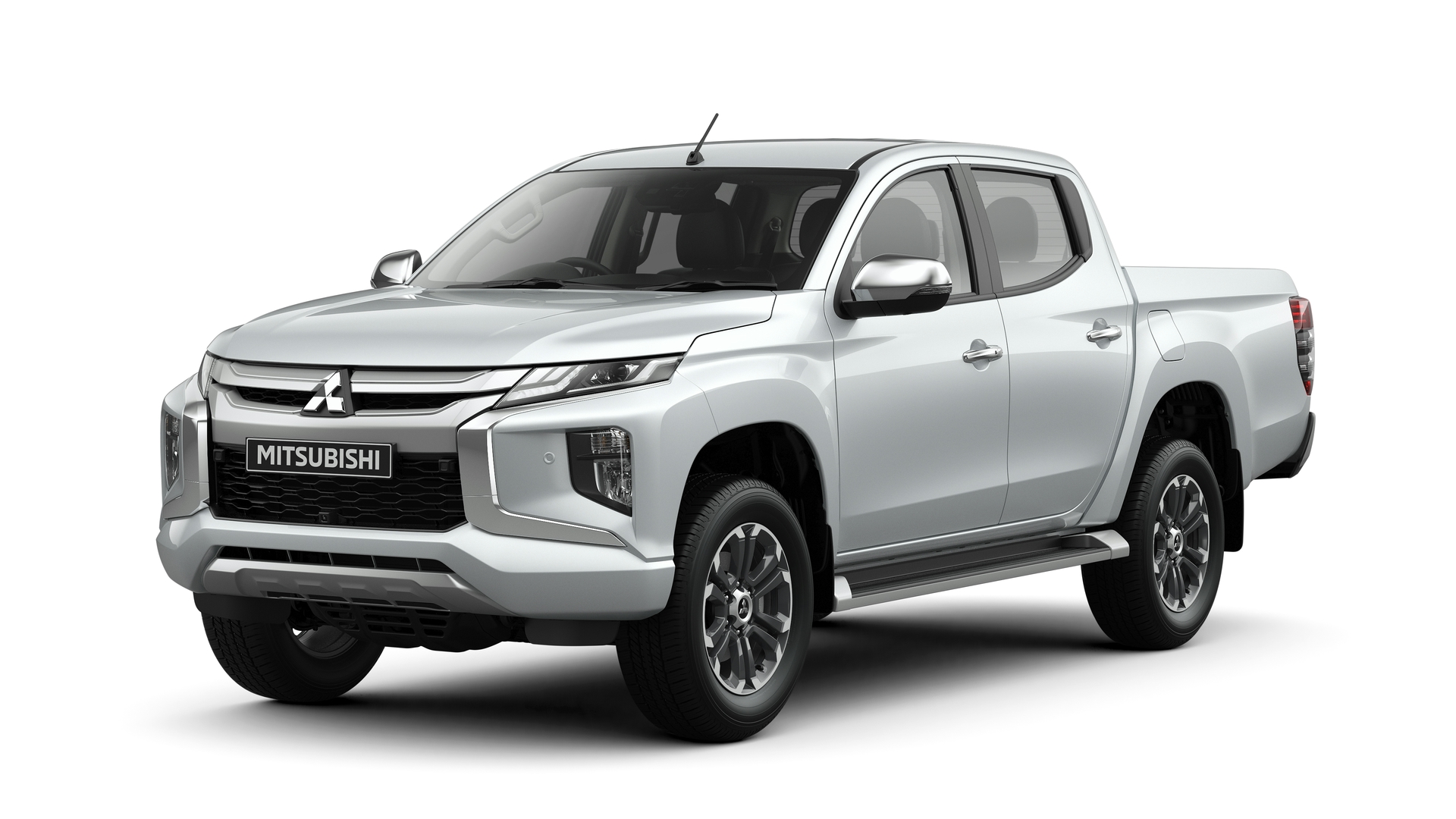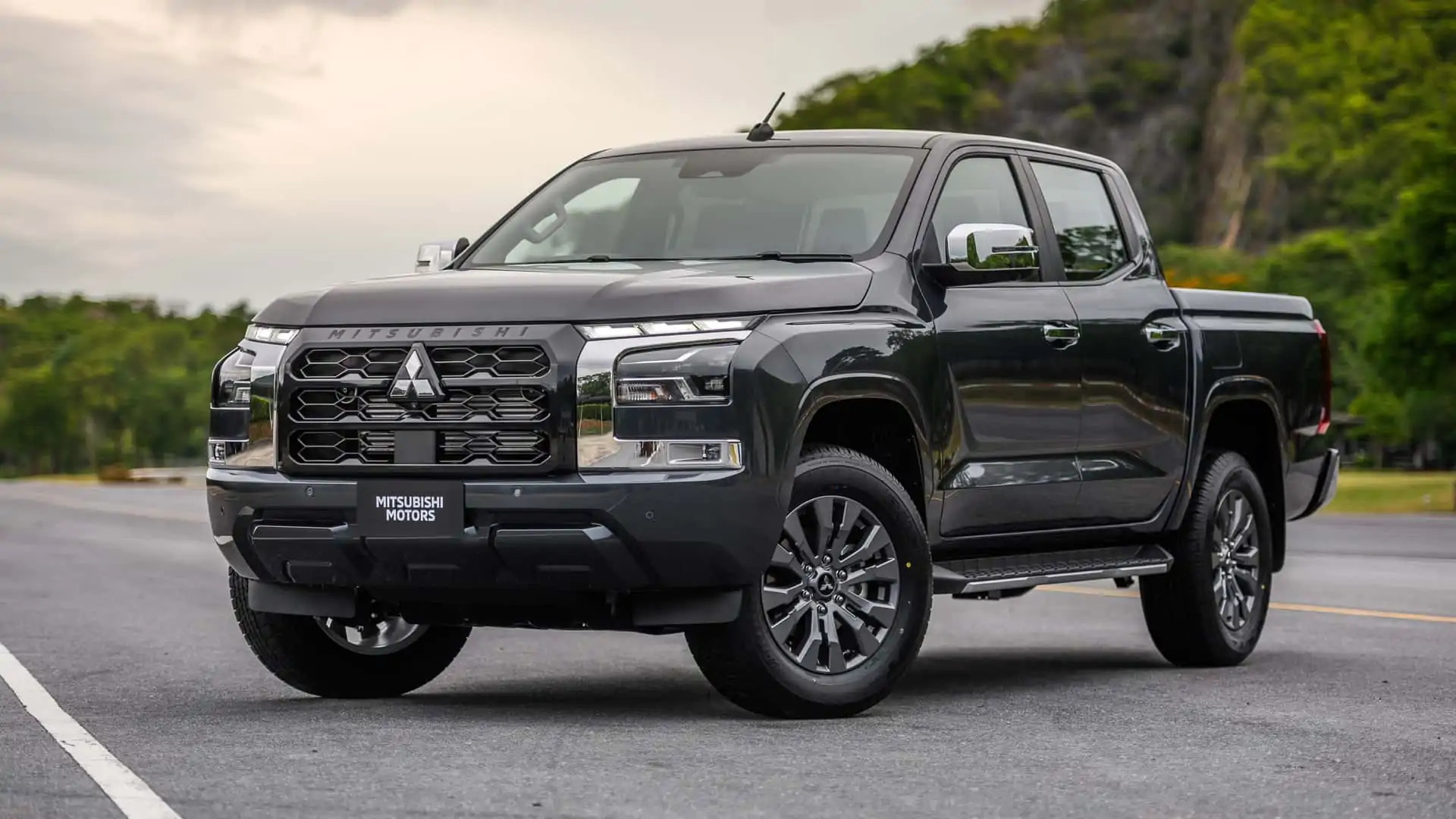Mitsubishi Triton L200

The unveiling of the 2025 Mitsubishi Triton by Mitsubishi Motors Corporation, known as the Mitsubishi L200 in several regions, has generated excitement with its fresh features and offerings. This model marks the advent of the sixth generation, fully redesigned with a focus on durability, reliability, and performance. Discover the essentials of this latest-generation pickup:
Mitsubishi Triton L200 Diesel Engine and Performance

The Triton will plan to showcase its robust capabilities through a versatile 2.4-liter engine, which is engineered in two specialized versions to cater to a range of driving preferences and requirements. The foundational offering comes equipped with a state-of-the-art turbocharged engine. This powertrain is specifically designed to deliver a solid performance output, generating a commendable 178 horsepower alongside a robust 317 pound-feet of torque. This ensures that the vehicle has ample power for both city driving and more demanding situations, such as highway travel or light off-road adventures. Additionally, the Triton offers rear wheel drive as a standard feature, setting the stage for its performance capabilities.
For drivers who prioritize transmission control and response, the Triton presents a choice between manual and automatic transmissions, each likely meticulously configured with six speed automatic transmission and a six speed manual transmission. This selection empowers drivers with the ability to choose a driving style that best suits their preferences, whether it’s the tactile engagement of a manual gearbox or the convenience and smoothness of an automatic transmission. The improvements in the steering system, including the adoption of electric power steering for the high-output engine model, contribute to better control and comfort, reducing kickback from the road surface and tuning the steering wheel for off-road driving or towing.
In response to the demands of those who seek even greater power and efficiency, the Triton also plans to introduce a twin-turbo variant. This enhanced version ups the ante in terms of performance, offering an increased power output of 201 horsepower and an impressive 347 pound-feet of torque. This additional power is particularly beneficial for tasks that require extra grunt, such as towing or carrying heavy loads, without sacrificing the vehicle’s inherent agility and responsiveness.
Beyond sheer power, the Triton is set to be meticulously engineered with efficiency at the forefront of its design philosophy. The vehicle’s fuel consumption is commendably economical, averaging around 8 liters per 100 kilometers (approximately 30 miles per gallon). This efficiency does not come at the cost of capability, however, as the Triton boasts a significant towing capacity of 3,500 kilograms (7,700 pounds). This makes it an ideal choice for a wide array of activities, from hauling trailers and boats to transporting heavy equipment for work or leisure. The Triton, with its blend of power, efficiency, and towing capacity, represents a comprehensive solution for drivers seeking a versatile and dependable vehicle.
Mitsubishi Triton L200 Double Cab Design and Features
The Triton heralds a new era for its model line, debuting on an entirely redesigned platform that significantly enhances its dimensions over prior iterations. This innovative foundation, built upon a newly developed ladder frame that offers increased durability, reliability, and robustness through the use of high-tensile steel, not only contributes to a more robust and dynamic appearance but also markedly increases the interior space, offering occupants an expanded and more comfortable cabin environment. Prospective buyers will have the flexibility to choose from three distinct cab configurations, tailored to meet diverse needs and preferences: the practical single cab, the versatile double cab, the spacious extra cab, and the unique club cab which provides a single row of seats with additional cargo space behind the front seats, offering the potential for reclining and enhancing the flexibility for cargo and passenger space. Each option is designed with specific user scenarios in mind, from commercial utility to family outings.
In terms of aesthetics and functionality, the Triton’s latest makeover introduces a series of noteworthy upgrades. New side steps have been integrated for easier access, alongside modernized handles that enhance both the vehicle’s look and user experience. The lighting system has been thoroughly updated, employing contemporary technology for better visibility and a more striking appearance. Complementing these changes is a grille finished in the same color as the body, lending the truck a cohesive and refined look, while higher-end models benefit from a reinforced bumper, offering improved durability and protection.
Driving the Triton into the future, the truck now plans to feature a broader array of drive modes such as adaptive cruise control, catering to a wide range of terrain and driving conditions. This allows for a more customized driving experience, ensuring optimal performance whether on the highway, navigating rough trails, or managing challenging weather conditions.
Central to the cabin’s technological advancements is set to be the completely overhauled infotainment system, which now sports a 9-inch display. This system promises to be more intuitive and responsive, making navigation, media playback, and vehicle settings more accessible than ever. Complementing this is a 7-inch digital gauge cluster, offering crisp, clear readouts of the vehicle’s vital statistics and driving data at a glance. For added convenience, the inclusion of wireless charging capabilities eradicates the need for cumbersome cables, allowing passengers to easily charge their devices on the go.
These enhancements, along with a suite of other improvements, signal the Triton’s commitment to innovation, comfort, and functionality, setting a new benchmark for what drivers can expect from their trucks.
Mitsubishi Triton L200 Pickup Truck Availability
The 2025 Triton is poised to establish a significant presence within the global pickup truck sector and is set to be one of the first global strategic vehicle, at present focusing on models powered mainly by diesel engines. This strategy reflects Mitsubishi's commitment to leveraging the efficiency and durability that the diesel engine are known for, catering to the demands of various markets around the world. Amid growing environmental concerns and a push for sustainable driving solutions, there is ongoing speculation regarding Mitsubishi's potential expansion of the Triton's powertrain lineup to include a hybrid option. While this development would align with global trends towards electrification and reduced emissions, Mitsubishi has yet to officially confirm plans for a hybrid variant, leaving industry watchers and potential consumers in anticipation of future announcements.
Mitsubishi harbors ambitious plans for the Triton, eyeing entry into the competitive US pickup market. This strategic move, however, is contingent upon overcoming several challenges. The US market has distinct regulations, particularly those related to emissions and safety standards, which are among the strictest in the world. Additionally, American consumers have specific preferences when it comes to pickup trucks, favoring a blend of performance, comfort, and technology that may differ from expectations in other markets. To successfully introduce the Triton to the US, Mitsubishi will need to undertake significant modifications to the vehicle. This could entail everything from engine adjustments to enhance emissions performance and fuel efficiency, to redesigns of the interior and technology offerings to meet the high expectations of American buyers.
Furthermore, Mitsubishi's strategy to adapt the Triton for the US market involves understanding the nuanced needs of American consumers, who often use pickups for both work and leisure, requiring a versatile vehicle that can handle heavy-duty tasks while also providing a comfortable and connected driving experience. By addressing these challenges, Mitsubishi aims not only to meet but exceed local standards and preferences, positioning the Triton as a competitive and appealing option in the bustling US pickup truck arena.



